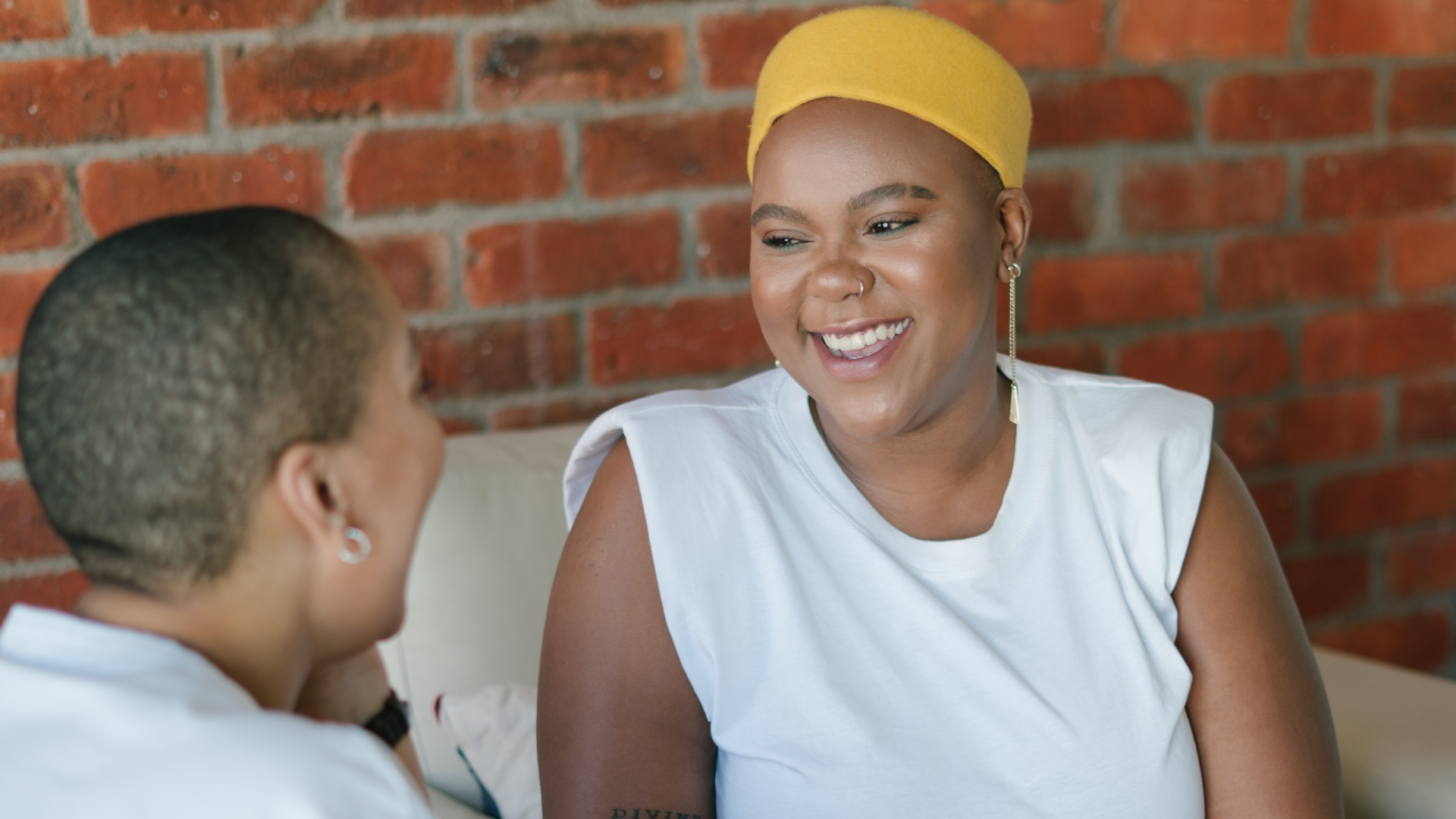How to Go From Projection to Connection in a Polyamorous Relationship
Shortly after I posted a previous article about projection, one of my clients said to me, “Maybe I’m projecting,” referring to their own feelings of fear and jealousy that they had recently started experiencing. For the sake of the story, I’ll call this client John and his wife Sue.
John was struggling with feelings regarding his wife’s interest in a new man. They had successfully done poly relationships before, and John trusted the integrity of the other man, who we’ll refer to as Bill. John considered Bill a potential friend, so he was feeling confused about why he was suddenly fearful and jealous of his wife’s relationship with Bill.
Eventually, John explained that the intensity of the chemistry he’d seen between Bill and Sue was making him feel insecure. He described a time when he felt guilty in a previous involvement with another woman, where he used to feel the same way about her that his wife seemed to with Bill. He recalled how he saw this woman as like a vacation away from everything and everyone and admitted that he sometimes felt disappointed when he was going home to Sue and the kids. He felt like when he was leaving this other woman to return home, it was like “going back to the grind.”
It was at this moment that John realized his own projection, and he realized he didn’t want his wife to think of him, their home, what they built, and what they shared as “the grind.” He didn’t want her to feel disappointed at the thought of returning home to him after spending time with Bill. While John hadn’t discussed this with Sue, there was still no real reason to think she was thinking or feeling this way.
This is why it’s such a perfect example of projection. John’s thoughts and feelings about a previous relationship and how he felt guilty were being projected onto Sue. The coin was now flipped in the sense that the same pain and fear he imagined his wife might have felt had she known of his thoughts and feelings during that previous relationship were now feelings he was experiencing. How he felt about their home life being “a grind” would have hurt his wife, and he was projecting his own fears onto their relationship because he was afraid she would start feeling the same way.
So the question is, “What do we do about this?” Many of my clients have expressed how lost they’ve felt, stuck swimming in a sea of guilt, fear, blame, and despair after projecting their feelings onto their partner. Luckily, in John’s case, he didn’t feel a need to punish himself. Instead, he was motivated to be free of his fear so that Sue and him could enjoy her new relationship interest.
I decided to question his beliefs about home life being “a grind.” It was a complex
combination of beliefs about the struggles of parenting, managing a home, issues with work being boring, etc. By comparison, dating life is more fun and carefree. So naturally, he was afraid that anyone, like his wife, who had a choice would choose a fun and carefree life over home life, especially if that new connection was intense enough.
We also talked about the stages of relationships and why anyone would ever choose to leave the carefree dating stage and move in together, marry, or have children. Through this discussion, he was reminded of something he realized he knew all along: a mature relationship offers things a carefree relationship does not.
Mature relationships offer increased intimacy, commitment, security, nesting, planning the future, creating a shared future, and approaching the problems and joys of life as a team. We as individuals need to do the internal work to restore our appreciation for these experiences if we are to prevent our fears and insecurities from being projected onto our partner(s).
I also recommended to John that when he is ready, he and Sue would benefit from opening up communication on this topic. Open communication will allow them to express how they feel about what they’ve built, and how they can maintain their home life moving forward, and allow John to hear how Sue appreciates their shared life as well.
And, of course, John and Sue need to recommit themselves to having dates together and having fun. By prioritizing their relationship and nurturing their connection through shared experiences, they can reinforce the bond they've built and remind each other of the joy and fulfillment their partnership brings.
